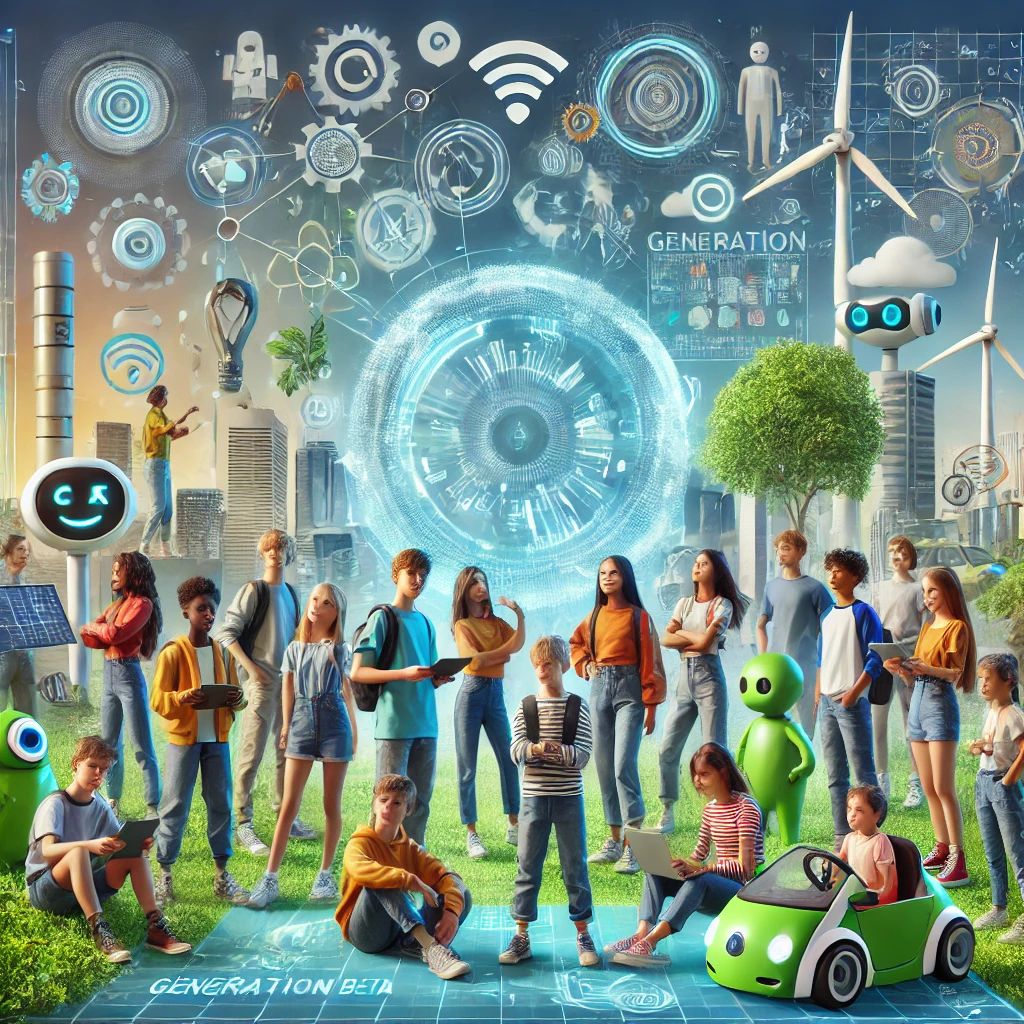To gain a deeper understanding of Generation Beta, it’s helpful to examine the evolution of the generations that preceded them. Each generation has been shaped by the unique historical, cultural, and technological circumstances of their time, influencing their values, traits, and perspectives.
The Greatest Generation (1901-1927) was defined by the challenges of both World War I and World War II. This generation is often described as patriotic, disciplined, and community-oriented. They faced hardships and believed in the importance of hard work, resilience, and sacrifice for the greater good. Their values were rooted in a sense of duty, and they placed significant importance on family and community cohesion. Their experiences during economic hardship and war led them to value stability and perseverance above all else, and their approach to life was shaped by these formative experiences.
The Silent Generation (1928-1945) came of age during the aftermath of the Great Depression and the Second World War. Often described as loyal, respectful, and stable, they prioritized family, tradition, and security. The Silent Generation is known for their ability to adapt to difficult circumstances with a quiet determination, often focusing on maintaining stability in their personal lives. Many in this generation were committed to building secure futures for their families, and they valued hard work and personal responsibility. Unlike the more vocal movements that followed, the Silent Generation was often seen as more reserved in their social and political expressions, preferring stability and gradual change.
Baby Boomers (1946-1964) were born in the wake of World War II, during a period of economic prosperity and cultural transformation. Optimistic and goal-oriented, Baby Boomers embraced the ideals of personal growth, success, and achievement. They were determined to create better lives for themselves and future generations. As they grew into adulthood, they were key drivers of social change, particularly in the areas of civil rights, women’s liberation, and the expansion of consumer culture. Their work ethic was strong, and they sought material success as a means of securing their place in an ever-growing society. The Baby Boomers’ focus on personal success and societal progress marked a pivotal shift from the values of previous generations.
Generation X (1965-1980) grew up during a time of significant cultural shifts and economic uncertainty. Independent and pragmatic, Gen Xers became known for their skepticism toward authority and traditional institutions. They were often raised in dual-income households or experienced divorce, which made them resourceful and self-reliant. This generation also valued the idea of work-life balance, seeking to juggle personal freedom with career demands. Many Gen Xers were early adopters of new technology, particularly computers, and they witnessed the beginning of the digital revolution, which set the stage for future generations.
Millennials (Gen Y) (1981-1996) are often recognized for their adaptability to the digital age and their strong social consciousness. Tech-savvy and globally connected, Millennials came of age during the rise of the internet, social media, and the globalization of economies. They tend to value experiences over material possessions, with a focus on personal development and self-expression. Millennials have been at the forefront of social movements, advocating for diversity, inclusivity, and mental health awareness. They also prioritize a sense of purpose in their careers and are more likely to seek work environments that align with their personal values. While facing economic challenges such as student debt and job market instability, Millennials remain optimistic about their ability to drive positive change.
Generation Z (1997-2009) are the first true “digital natives.” Having grown up with smartphones, social media, and constant connectivity, Gen Zers are known for their entrepreneurial spirit and a strong desire for authenticity. They value diversity and inclusivity and are deeply aware of social issues like racial equality, climate change, and LGBTQ+ rights. Unlike Millennials, who experienced the rise of the internet, Generation Z has never known a world without it. As a result, they are highly adept at navigating digital spaces, yet they are also more cautious about privacy and online well-being. Gen Zers place great importance on mental health and are more likely to speak openly about their struggles, seeking out resources to improve their emotional well-being. With a strong sense of global connectivity, they feel empowered to influence change and challenge societal norms.
Generation Alpha (2010-2024) is the youngest cohort, and they are being raised in an era of rapid technological advancements and shifting social dynamics. Creative and environmentally conscious, Generation Alpha is expected to grow up in a world where sustainability and inclusivity are central to their worldview. This generation will be highly individualistic, embracing new technologies such as artificial intelligence, virtual reality, and robotics. They are likely to be exposed to innovation from an even earlier age than previous generations, making them highly adaptable and eager to engage with new forms of communication and learning. Their focus on environmental preservation, along with a strong sense of social responsibility, will likely lead them to seek out ways to create positive, lasting impacts on the world around them.
In conclusion, each generation has faced distinct challenges and embraced unique opportunities based on the world around them. From the disciplined work ethic of the Greatest Generation to the tech-savviness and activism of Millennials and Generation Z, each cohort has contributed to shaping society in its own way. As Generation Beta begins to emerge, they will inherit the lessons, values, and challenges of those who came before them, while also carving out their own identity in a rapidly evolving world.

